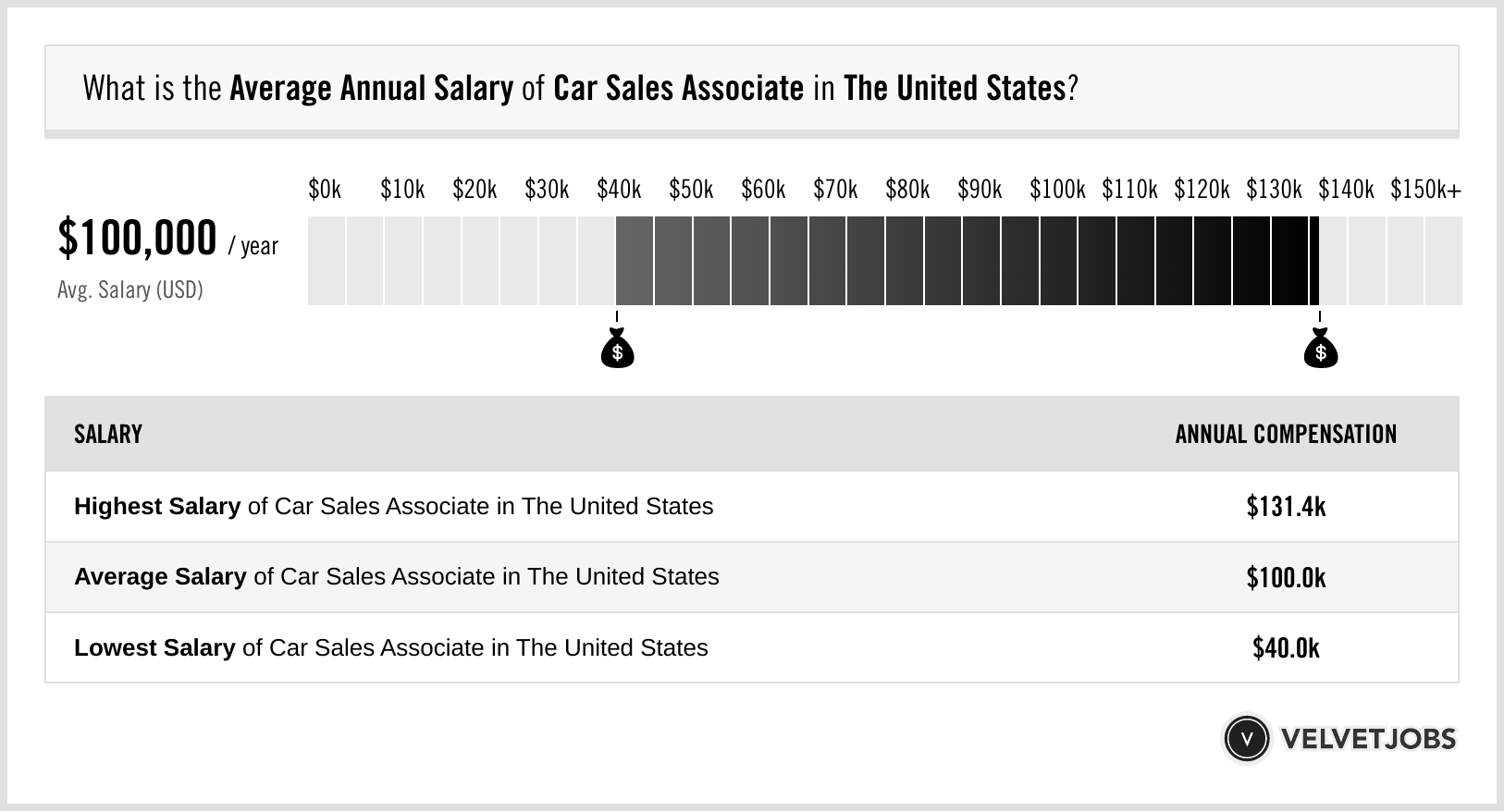In the bustling world of auto sales, a common observation has emerged: high turnover rates among car sales associates are an enduring phenomenon. It raises a compelling question—why do so many individuals enter and exit this profession at such alarming rates? The reasons are multifaceted, intertwining both the allure of potential financial rewards and the harsh realities of daily grind. This exploration delves into the secrets behind these high turnover rates, revealing the underlying factors that both attract and deter talent in the automotive sales sector.
Firstly, let’s consider the nature of sales itself. Car sales associates are often enticed by the promise of lucrative commissions and bonuses. The potential to earn significant salaries can be irresistible, especially for those eager to leap into the workforce or transition from other fields. The automotive industry, with its varied product offerings and customer base, often creates a dynamic environment where success can be financially rewarding. However, this allure is a double-edged sword. The high earning potential comes hand-in-hand with intense pressure and high expectations.
Unlike a traditional salaried position, many car sales jobs rely heavily on performance metrics. Associates are often compensated not just for the number of cars they sell but for the volume and value of these transactions. This can lead to an environment ripe for stress and competition. Individuals may enter the field with grand aspirations, but as they acclimate to the harsh competitive landscape, the reality can swiftly become disheartening for those who struggle to meet ambitious targets.
Furthermore, the lack of stability in income can contribute to an atmosphere of uncertainty, leaving associates feeling vulnerable. For many, the thrill of earning a substantial commission one month can quickly be overshadowed by the uncertainty of variable income in subsequent months. This cyclical nature of earnings can become unbearable, particularly for those with families or significant financial obligations. As stress mounts and job satisfaction wanes, many individuals are left contemplating their next career move.
Another crucial factor leading to turnover in auto sales is the demanding work environment. The hours can be grueling, often requiring employees to work evenings and weekends to accommodate customer schedules. This lifestyle can be challenging for those seeking a work-life balance. The high pressure to perform during these hours can lead to burnout. The commitment necessary to succeed in this profession often leads to forsaking personal lives and relationships, pushing many to reconsider their choice of career.
Company culture also plays a significant role in determining job satisfaction and overall retention rates. In many dealerships, a competitive spirit is cultivated, often leading associates to adopt a cutthroat mentality. While some thrive in this type of environment, others may find it demoralizing. Employees often cite inadequate support, lack of recognition, and minimal opportunities for advancement as reasons for their disengagement. Those who feel undervalued and overlooked are unlikely to stay long in a field that demands so much of their time and emotional investment.
Interestingly, the demographic dynamics of the workforce contribute significantly to turnover as well. A considerable number of new hires in auto sales are younger workers, perhaps fresh out of college or seeking a flexible income while pursuing other passions. While this influx of new talent can invigorate a team, the transient nature of younger employees often leads to higher turnover rates. Many see the role as a stepping stone to something more fulfilling, chasing their dreams or passions outside the automotive sector. This ephemeral engagement can create a cycle of constant recruitment and training for dealerships, leaving veteran employees feeling the brunt of instability amongst their peers.
Moreover, the evolving marketplace presents challenges that can destabilize employment in auto sales. The rise of digital platforms, where customers can conduct comprehensive research and make purchases online, has changed how sales associates interact with buyers. Traditional sales techniques must adapt to meet the expectations of a tech-savvy consumer base, often leading to a disparity between skill sets among employees. Those reluctant or unable to embrace these technological changes may find themselves outpaced, resulting in job dissatisfaction and turnover.
Interestingly, this ever-evolving landscape also highlights the importance of continuous training and development within the auto sales profession. Dealerships that invest in regular training sessions and foster a culture of learning may see lower turnover rates. When employees feel equipped with the knowledge and skills necessary to excel and adapt in a fast-paced environment, job satisfaction tends to rise. Dealers cultivating an environment that prioritizes personal growth and career advancement can create a loyal workforce, reducing the tendency for turnover.
Ultimately, while the allure of financial gain and the excitement of working in an automotive environment initially draw individuals to car sales, numerous factors encourage swift exits. The pressure of performance-based income, demand for extensive hours, competitive culture, and rapid technological changes are all critical components of this ecosystem. To combat high turnover rates, dealerships must cultivate supportive, engaging, and stable environments that empower employees and prioritize their success. It’s a complex interplay that, if navigated effectively, can lead to fulfilling careers and ultimately enhance customer experiences in the ever-challenging world of auto sales.
